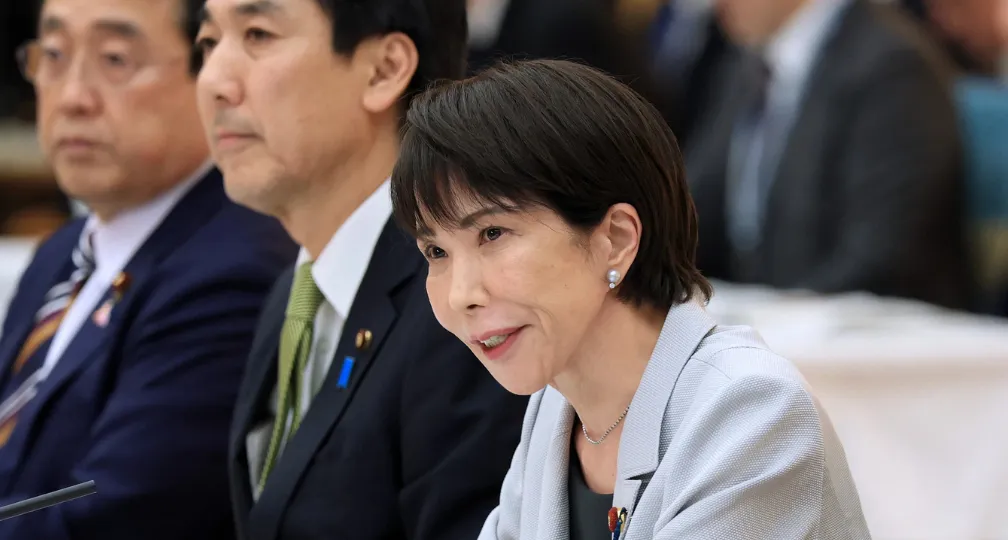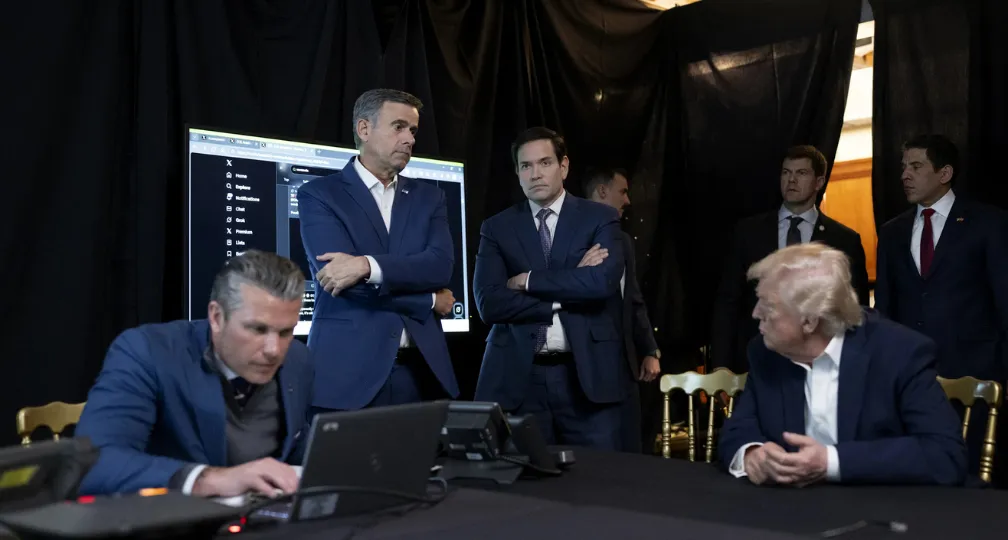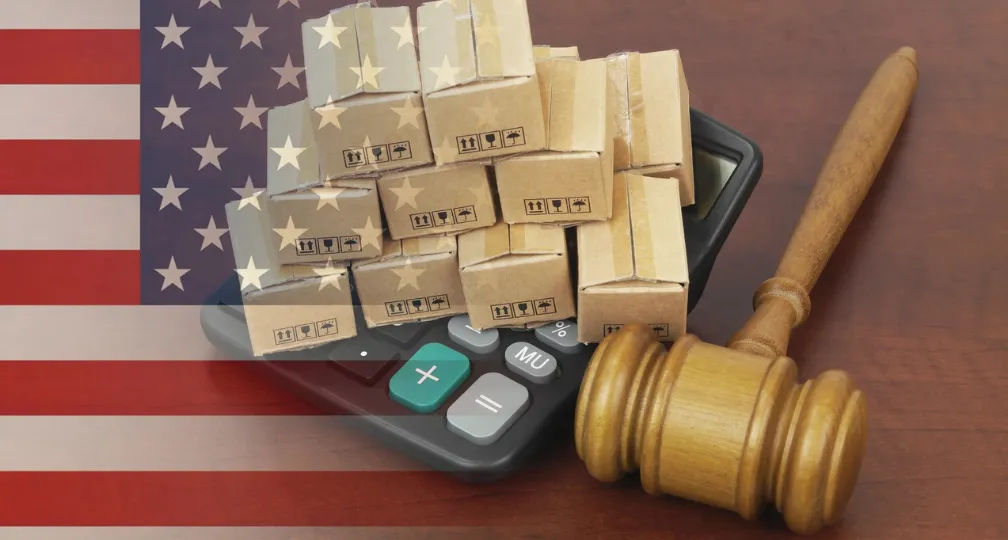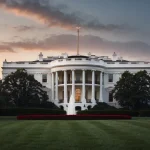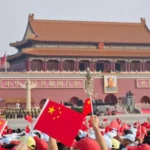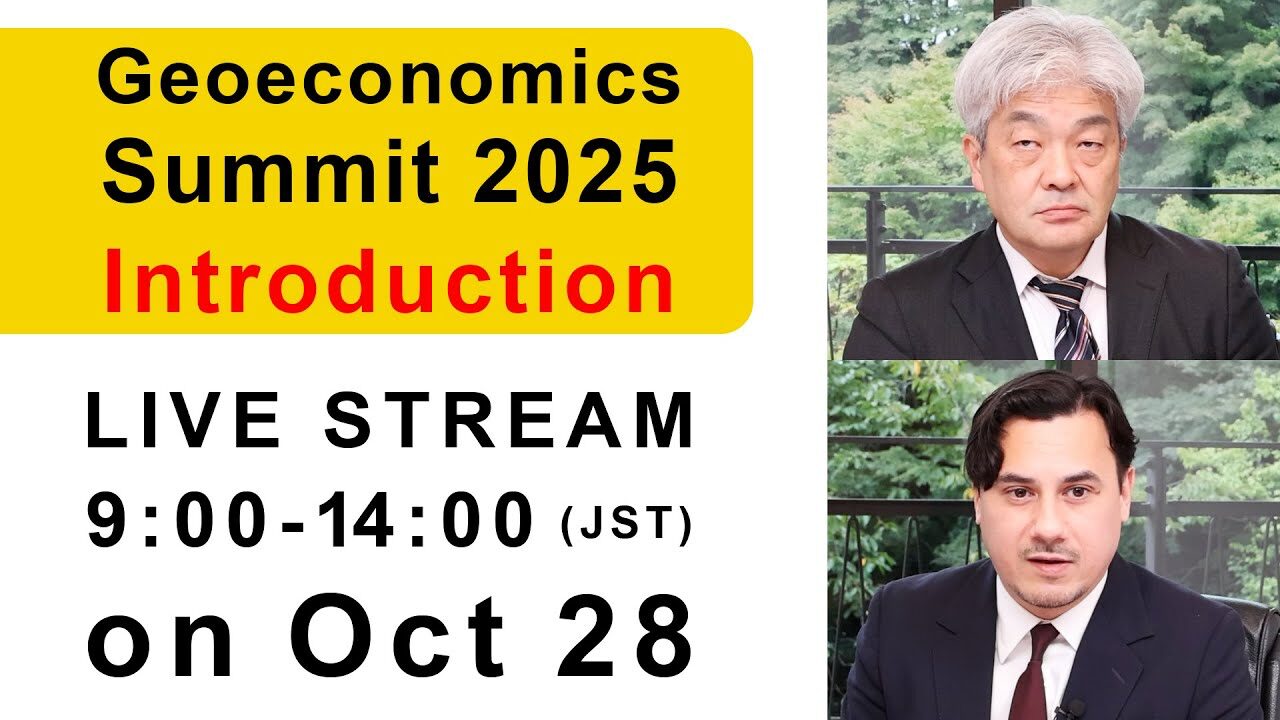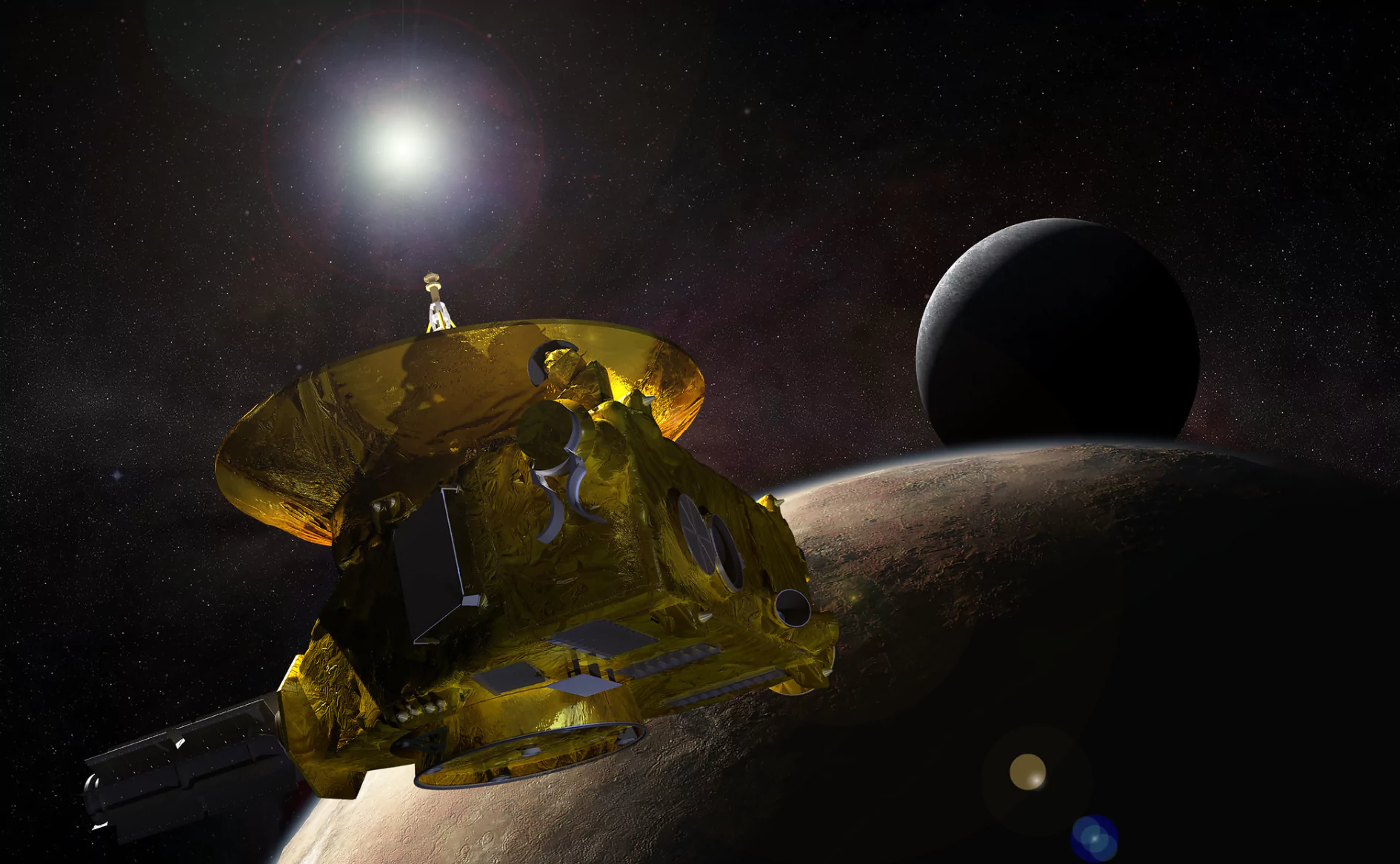Starlink highlights economic security challenges facing democracies

At the same time, Starlink has stirred a variety of debates over the issue of military application of civil technology, as Ukrainian troops reported outages of their Starlink communication devices on the front line in the country’s eastern regions in the fall of 2022, and it has recently been reported that Russian forces have been using them illegally in Ukrainian territories.
By looking back at how Starlink has been utilized in the war, this article will discuss today’s military application of civil technologies, the changing role of the private sector over emerging technologies and what kind of challenges the situation is bringing to democratic states.
What is Starlink?
Starlink is a constellation of small communication satellites placed in a low Earth orbit at an altitude of around 550 kilometers, with over 5,000 satellites active in orbit as of March. The constellation of satellites offers high-speed internet service to users on the ground, and the service is available also to individuals in many countries, including Japan, if they purchase user terminals.
Immediately before the launch of the Russia-Ukraine war in February 2022, U.S. commercial communication satellite operator ViaSat’s network was disrupted by a Russian cyberattack, and to secure a substitute, the Ukrainian government asked SpaceX CEO Elon Musk for assistance. In response, Musk sent massive amounts of ground terminals to Ukraine, making Starlink the communication infrastructure for the country, covering everything from its military operations to people’s daily lives.
Starlink is not designed as a military communication satellite system, but a provider of a commercial service. However, the fact that it came to be widely used in Ukrainian military operations — ranging from communication between headquarters and the front line to drone operations — brought about chaos later.
Musk’s remarks
After the Ukrainian military conducted a large-scale counteroffensive in the fall of 2022 and its fight against Russian forces intensified along the front line of eastern Ukraine, the Starlink internet service went offline near the front line. It was reported that Musk, being wary of aiding an offensive rather than merely a defensive war, used a technique known as geofencing to create a virtual geographic boundary and restrict the satellites’ availability.
There were also reports that Musk refused Kyiv’s request to activate his Starlink communications network over Crimea, which had been illegally annexed by Russia, saying that Starlink should not be used for long-distance drone attacks. In the fall of 2022, Musk floated a divisive peace plan between Russia and Ukraine, drawing a big backlash and opposition mainly from the Ukrainian government and Western countries. Then he warned that SpaceX might stop providing the Ukrainian government with the service free of charge, threatening Ukraine’s continued use of the Starlink service.
Consequently, the U.S. Defense Department signed a contract with SpaceX to continue offering Starlink satellite internet service in Ukraine. In such a way, Musk’s remarks had a range of repercussions for the Ukrainian government and the international community. The reason why Kyiv is so much affected by Musk’s moves is because while the country relies heavily on the Starlink communication service, it is merely a user of the service and has not signed an individual contract with SpaceX that includes a service-level agreement outlining a commitment between a service provider and a client.
Musk’s divisive comments are largely attributable to his personality and ways of thinking, and we should avoid over-generalizing the case of Starlink. Yet, the stir caused over Starlink represents important issues regarding today’s cutting-edge civil technology, which will be discussed in this article.
Blurred boundaries
To begin with, the communication service provided by Starlink is a commercial service based on civil technology, but today, boundaries between military and civilian technologies are becoming very unclear. This is because in Western countries, the private sector is now playing an increasingly important role in innovation. In the United States, for instance, federal research and development (R&D) expenditures accounted for 67% of total R&D spending in 1964, but the ratio dropped to 21% in 2020.
In other words, the government’s roles in R&D, and public expectations of the government, are shrinking. Amid such changing trends, the U.S. Defense Department is actively working to accelerate innovations within the U.S. military by taking in advanced civilian technologies.
In February 2022, the Defense Department released its technology vision, listing 14 critical technology areas vital to maintaining U.S. national security, including advanced materials, quantum science and future generation wireless technology. Among them, only three areas are defense-specific, indicating the significance of civil and commercial technology.
Similar moves have been made by NATO, which established the Defence Innovation Accelerator for the North Atlantic, an organization to find and accelerate dual-use innovation capacity across the alliance, in April 2022, with priorities placed on such areas as artificial intelligence (AI), big-data processing and quantum-enabled technologies.
Companies’ roles in economic security
As the government’s role in R&D diminishes, and military applications for civil technology become increasingly significant, the presence of companies with leading-edge technologies and services has been rising. It has already been pointed out that globally operating multinational companies are serving as important actors in international relations.
In the era of great power competition centered on the U.S. and China, rivalry over the economy and technological development is intensifying, meaning that firms, particularly those possessing advanced civil technology, are affected by governments’ foreign policies more than ever and, at the same time, are having a greater influence on international affairs.
Notably, only a few governments and companies are capable of developing civil technologies like generative AI, cyber technologies and satellite constellations that require a great amount of initial investment and involve high-level R&D elements. In addition, the war in Ukraine revealed that companies with such state-of-the-art civilian technologies could determine the outcome of a war. Such circumstances highlight the complex challenge regarding how democratic states can make use of civil technologies.
Democracies like the U.S., Europe and Japan are trying to nurture companies that develop civilian technologies and facilitate innovations to let them provide sources of power for states, but those companies, which grow to gain strong influence, don’t necessarily take actions consistent with governments’ policies.
Regulating advanced civil technologies
In democratic states, companies’ freedom to conduct business is guaranteed, and governments cannot always control private companies’ activities as they want. Governments can regulate corporate activities to some extent through various restrictions, including export controls and licenses and permits, but there are limits to such regulations.
It was reported this year that Russian troops obtained a large amount of Starlink ground terminals and have been illegally using them in Ukrainian territories occupied by Russia. Exporting Starlink’s ground equipment directly to the Russian government or Russian companies is illegal under U.S. sanctions against Moscow, but if Washington attempts to restrict the use of Starlink’s service by a country not under its sanctions, on what basis can it urge SpaceX to do so?
Dual-use technologies that can be diverted for use in weapons of mass destruction such as missiles and nuclear weapons are regulated through international export control regimes. However, the newly arising problem today is that because boundaries between civilian and military technologies are becoming increasingly blurred, there have been cases of civil technologies that don’t fall into the category of restricted dual-use technologies becoming capable of being used for military purposes, and that there is a growing possibility of companies with such technologies taking actions contradictory to democratic governments’ policies. There are cases, particularly during wartime, in which governments can control certain companies’ supplies of products and services based on laws like the U.S.’ Defense Production Act, but democratic countries need to be extremely cautious about exercising such authority.
Japan’s challenges
Tokyo is not exempt from the challenges discussed so far. Japan’s National Security Strategy released in December 2022 states the importance of actively utilizing private-sector innovation in the field of national security, and the 6th Science, Technology and Innovation Basic Plan formulated in 2021, which covers a wider range of science and technology policies, also stresses the importance of promoting cross-sectoral R&D for cutting-edge technologies. That is to say, Japan is also trying to utilize and support companies with advanced civilian technologies, and it is essential for the government to consider how to manage such technologies and its relationship with such companies.
Authoritarian states can force companies to comply with their intentions, but Japan, a democratic state, does not have such an option. The only way the Japanese government can go is to continue communicating strategically with companies using a noncoercive approach like persuasion and inducement, explaining to them that taking action in harmony with the government’s policies will be beneficial for themselves and will lead to minimizing risks. At the same time, the government should make efforts to reflect input from companies in its policies.
In some areas of civilian technologies, Japan should consider working with other democracies such as the Group of Seven industrialized countries to create a joint regulatory framework, which could guide the behavior of companies that have a great influence within the fields. The Hiroshima AI Process Comprehensive Policy Framework, an initiative launched by the G7 to promote safe, secure and trustworthy AI, is one such example. One option is to extend such a multilateral framework to other technological fields in the future.
[Note] This article was posted to the Japan Times on April 23, 2024:
https://www.japantimes.co.jp/commentary/2024/04/23/world/starlink-economic-security-challenges/


Research Fellow
Kota Umeda is a research fellow at the Institute of Geoeconomics at the International House of Japan. From 2015 to 2025, he worked at the Japan Aerospace Exploration Agency (JAXA), where he focused on researching U.S. space policy, coordinating with other space agencies, and developing JAXA's cybersecurity policy and incident response strategies. From 2019 to 2022, Mr. Umeda served as JAXA's liaison officer in Washington, D.C., collaborating with the U.S. government, industry leaders, and various stakeholders to promote Japan-U.S. space cooperation. Prior to his career in the space sector, Mr. Umeda spent five years at the Japan Ministry of Defense, where he researched military activities surrounding Japan and contributed to the formulation of arms control and disarmament policies. He holds a Master of Laws from Kyoto University and a Bachelor's degree in Policy Studies from Kwansei Gakuin University.
View Profile-
 Takaichi’s Twin Challenges: Economic Growth and Security2026.01.13
Takaichi’s Twin Challenges: Economic Growth and Security2026.01.13 -
 It’s Now or Never: India’s Ambitious Reform Push2026.01.09
It’s Now or Never: India’s Ambitious Reform Push2026.01.09 -
 Oil, Debt, and Dollars: The Geoeconomics of Venezuela2026.01.07
Oil, Debt, and Dollars: The Geoeconomics of Venezuela2026.01.07 -
 Analysis: Ready for a (Tariff) Refund?2025.12.24
Analysis: Ready for a (Tariff) Refund?2025.12.24 -
 China, Rare Earths and ‘Weaponized Interdependence’2025.12.23
China, Rare Earths and ‘Weaponized Interdependence’2025.12.23


